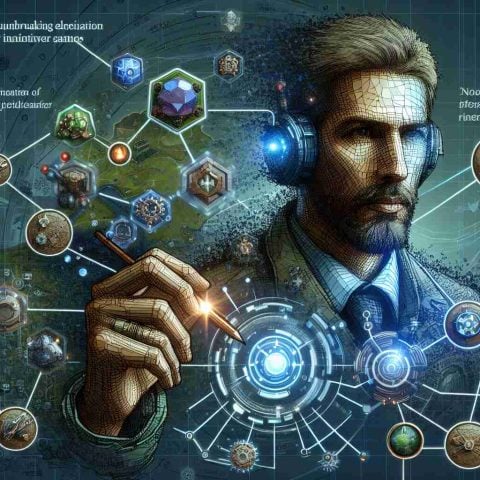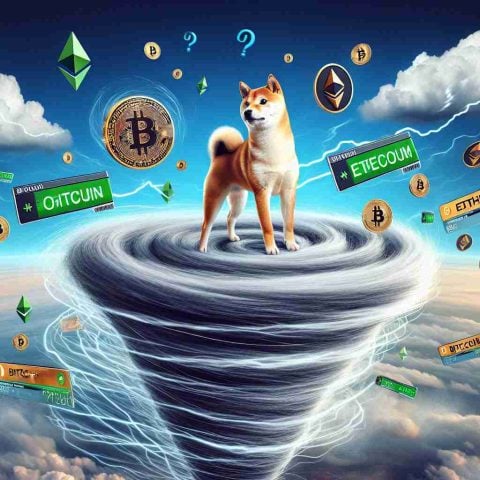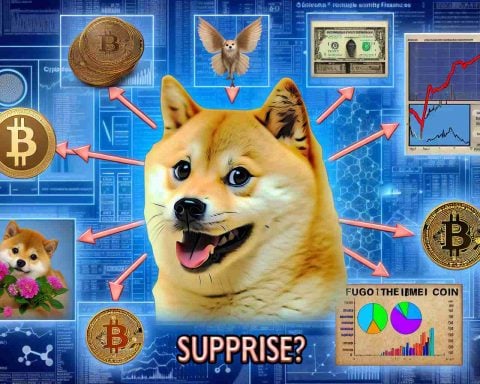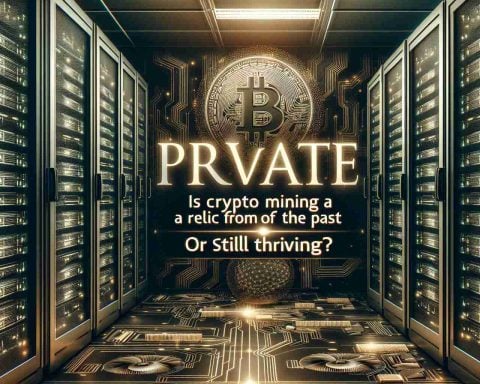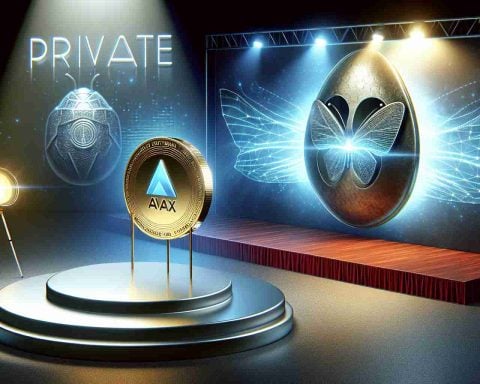Metacade is making waves in the gaming world with the launch of their inaugural strategy game, Gangs of Metacadia. This game is notable not only for its immersive qualities but also for the innovative use of the Base blockchain, which promises a unique gaming experience.
A major highlight of this game’s development is the involvement of Jamie King, a visionary who played a key role in founding Rockstar Games. His contribution has significantly influenced the game’s design and narrative, resulting in a richly detailed futuristic neon city. Players are invited to step into this vibrant world, navigating challenges and strategies that keep them engaged and entertained.
Gangs of Metacadia offers an immersive journey into a visually striking environment that sets new standards in the gaming industry. The blend of strategic gameplay with cutting-edge blockchain technology creates an exciting and innovative platform for players.
The collaboration with Jamie King, whose previous ventures have set high benchmarks, adds a layer of credibility and excitement to Metacade’s debut in the gaming sector. This launch marks a significant step forward for both the company and the broader gaming community, showcasing the potential of blockchain technology in enhancing gaming experiences.
As Metacade ventures into the competitive gaming universe, Gangs of Metacadia stands as a testament to the evolving landscape of digital entertainment and sets a promising precedent for future releases.
How Blockchain is Reshaping the Future of Gaming Communities
The gaming industry is no stranger to innovation, but the integration of blockchain technology marks a particularly transformative shift, not only in gameplay but also in how gamers interact, trade, and even earn within virtual environments. While Gangs of Metacadia creates buzz with its impressive graphics and strategic complexity, it also highlights a broader trend with deep implications: the blockchain revolution in gaming.
So, what does this mean for gamers and developers around the world? Let’s delve into some underexplored aspects of this technological crossover and understand its broader impact.
Blockchain: Beyond Cryptocurrency in Gaming
While many associate blockchain strictly with cryptocurrencies like Bitcoin, this technology offers much more in the realm of gaming. The incorporation of blockchain allows game developers to create decentralized, transparent, and secure in-game economies. This has several significant advantages which can intrigue the gaming community:
1. True Ownership: By tokenizing in-game assets, players can have actual ownership over their digital inventory. Imagine a player investing hours to win unique items. With blockchain, these items aren’t just stuck in the game; players can sell, trade, or keep them, even when moving between different gaming platforms.
2. Play-to-Earn Opportunities: With blockchain’s ability to establish verifiable scarcity and authenticity of digital items, games can offer players chances to earn real value. This opens up career paths as professional gamers and traders, similar to traditional sports or financial markets.
3. Enhanced Security and Transparency: Blockchain eliminates fraud risks by ensuring that all transactions and assets exist in an immutable ledger. This enhances trust within in-game economies, providing a fairer gaming experience.
Impact on Communities and Economies
The ripple effect of blockchain in gaming isn’t limited to individual players. Entire communities benefit from this paradigm shift:
– Community-driven Development: Blockchain facilitates decentralized, community-driven game development. Gamers can have a say in the direction and features of their favorite games, ensuring that developers stay aligned with player interests.
– Global Marketplaces: By establishing worldwide, seamless marketplaces for virtual goods, blockchain gaming creates new global economic opportunities. Countries with burgeoning tech sectors, especially those in underserved regions, can leapfrog into the global digital economy.
Challenges on the Horizon
However, the integration of blockchain in gaming is not without challenges:
– Technical Barriers: Developing and implementing blockchain technology still requires significant expertise and resources, making it inaccessible to smaller developers without adequate funding and know-how.
– Regulation and Stability Concerns: The rapid evolution of these technologies often outpaces existing regulatory frameworks, creating uncertainties that can deter investment and slow adoption.
– Environmental Impact: Blockchain technologies, particularly those using proof-of-work consensus mechanisms, can be resource-intensive, raising concerns about energy consumption and environmental sustainability.
Questions to Ponder
– How will blockchain-based gaming evolve to address these environmental concerns?
Innovative approaches like proof-of-stake and eco-friendly blockchains are being developed to significantly reduce the carbon footprint.
– What happens to traditional gaming structures?
Traditional gaming isn’t going away but will likely adopt hybrid models, merging conventional gameplay with blockchain benefits.
For more insights into the integration of blockchain in gaming and media, check out these domains:
Conclusion
Blockchain’s entrance into the gaming industry represents a seismic shift poised to redefine how we understand digital entertainment, ownership, and community interactions. While challenges remain, the potential for blockchain to democratize and revolutionize the game is immense, with implications that extend well beyond the confines of the virtual world. As gamers, developers, and even global economies eagerly watch, the next level in gaming history is set in motion.


